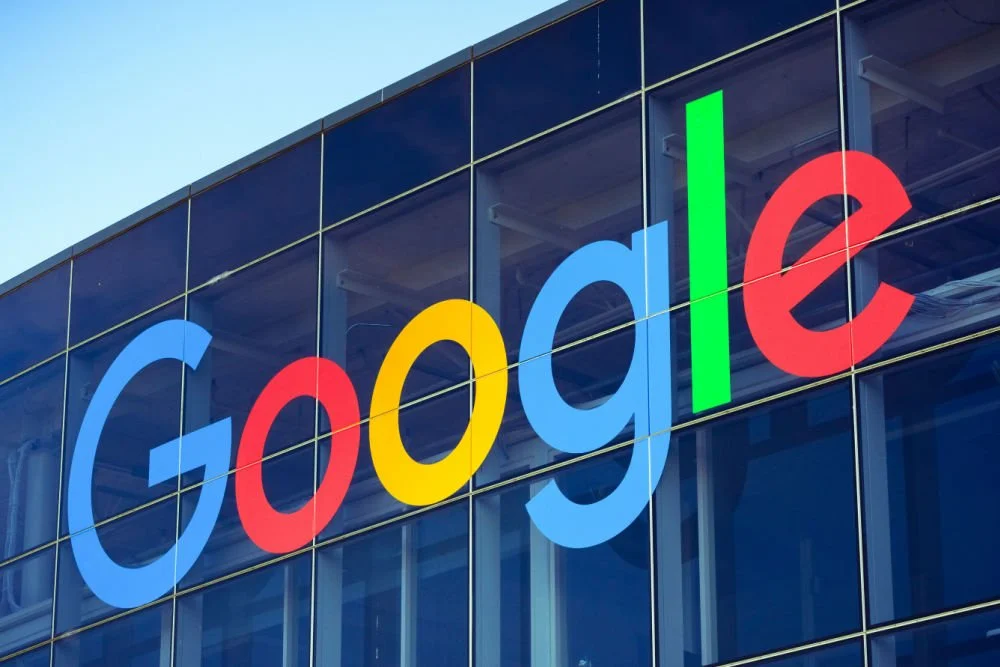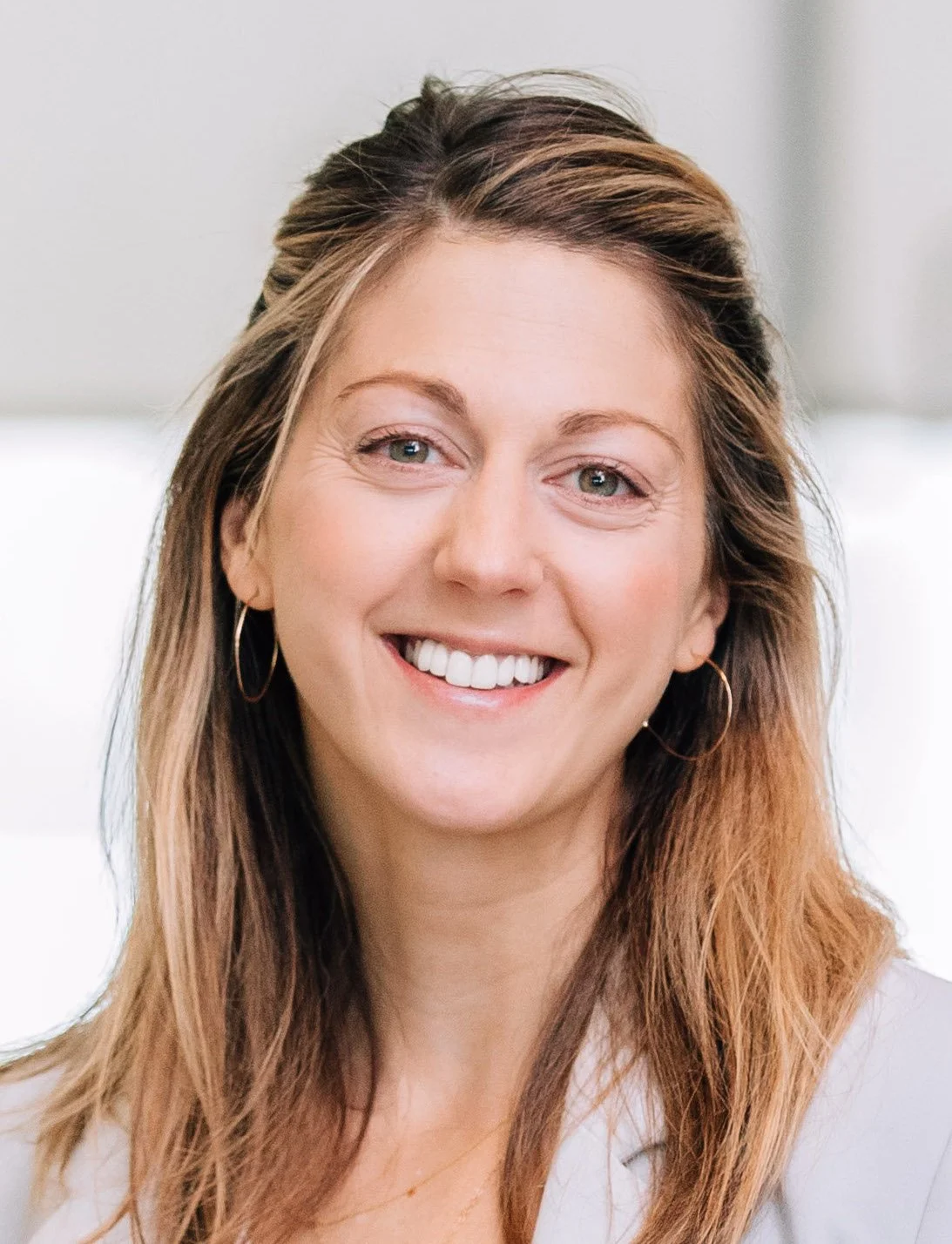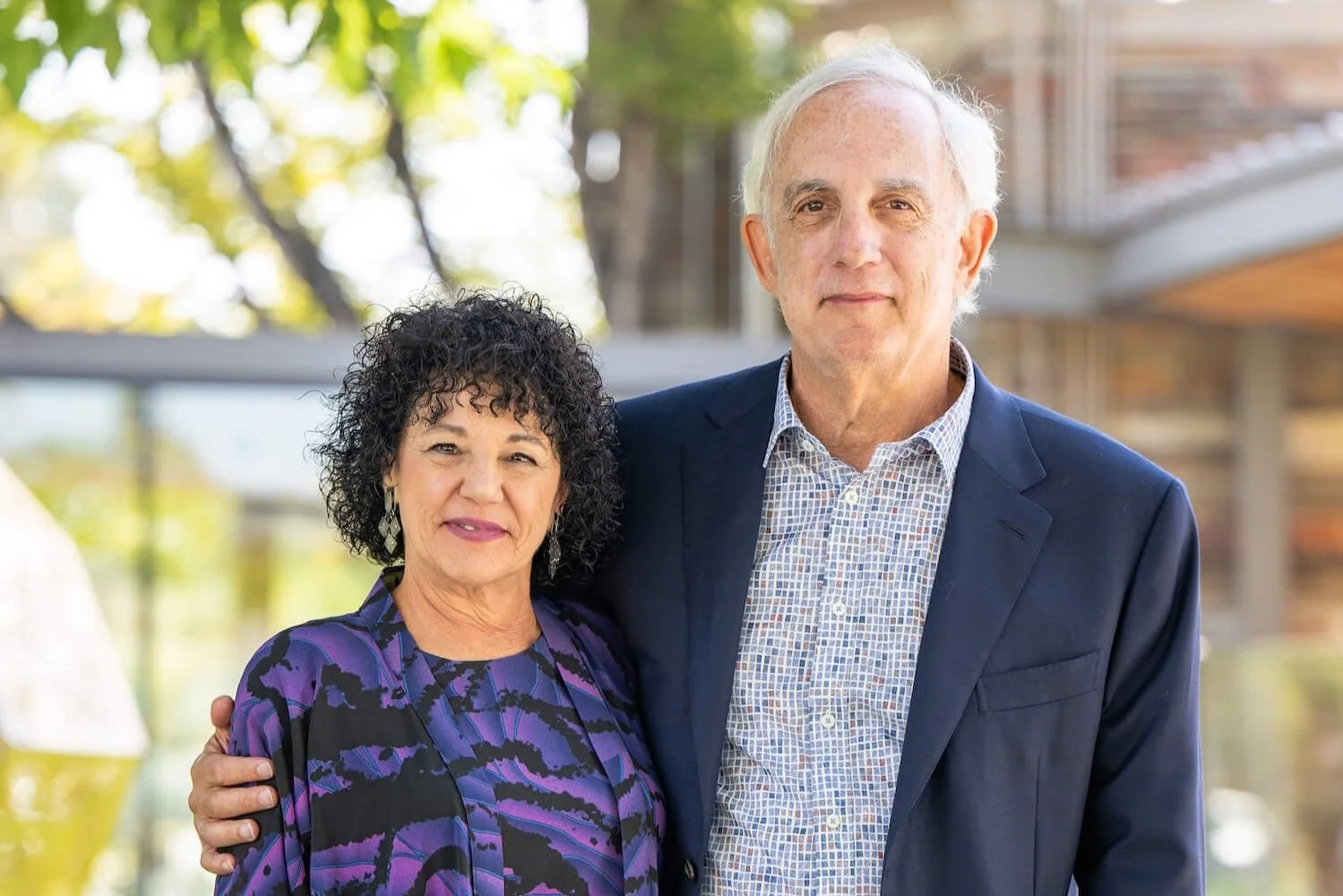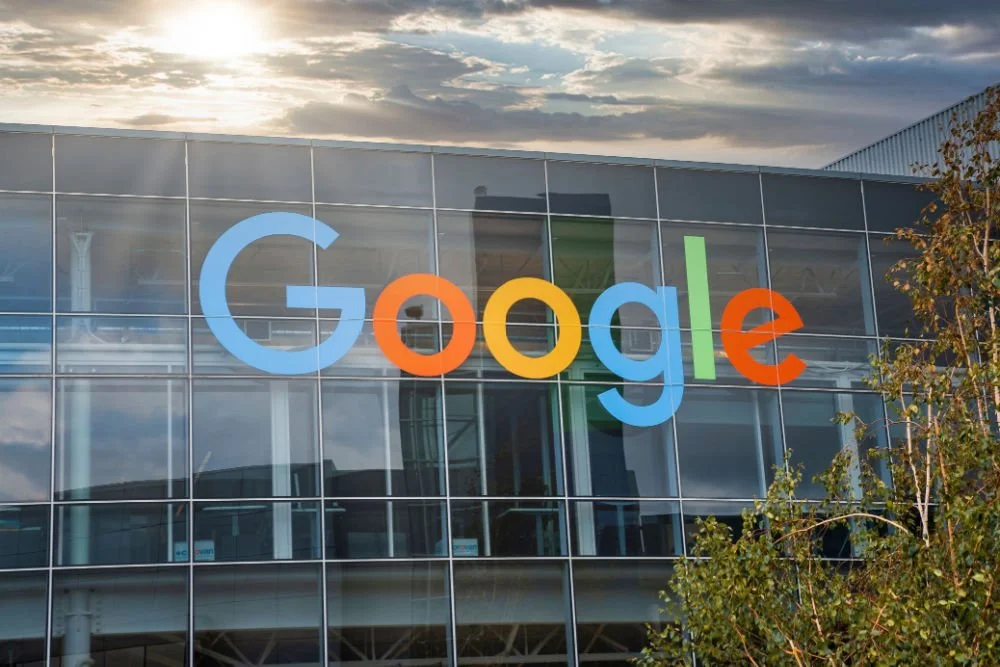Status Update: How Facebook’s Billionaires Are Changing the World of Philanthropy
/Mark Zuckerberg and Priscilla Chan in 2016, when they announced their ambitious plans for medical research.
Question: What do the billionaire class and Facebook have in common?
Answer: They’re both under siege these days.
Underscored by Democratic presidential contender Elizabeth Warren’s “billionaire tax,” a growing chorus of criticism is being directed at the ultra-wealthy. Of course, when it comes to the world of philanthropy, such criticism is nothing new. While billionaires are often lauded for their donations, their giving has been coming under increased scrutiny, as critics raise questions about their influence and studies show they aren’t parting with nearly as much of their fortunes as some might expect.
In concert with society’s critique of the billionaire class, there’s also been a parallel outpouring of frustration and anger—some might say rage—directed at Facebook. The platform that rose to prominence preaching openness and connectivity was once the darling of the tech world, not to mention the Democratic establishment. But scandal after scandal has relegated its status to something much darker and more sinister in the eyes of many.
In short, there is a lot of overlap between billionaires and Facebook in the current moment. For all this attention, though, most people have little sense of how the wealth generated from Facebook is impacting society through philanthropy—and how that impact is likely to grow in coming decades. Two of Facebook’s co-founders, Mark Zuckerberg and Dustin Moskovitz, have committed to giving away the vast bulk of fortunes that, together, total nearly $90 billion. And both are already off to a good start, working with their wives to give away nearly $1 billion each to date. These funds, and giving by other Facebook winners like Sean Parker, have been deployed in ways that are shifting the philanthropy landscape in key areas like education, medical research, criminal justice reform and animal welfare—even if it’s too early to say in most cases what the actual impact of the giving is.
What’s more, there’s no end in sight to this gusher of philanthropy. For all their giving so far, Facebook’s billionaires have barely scratched the surface of vast fortunes and are likely to be engaged in large-scale grantmaking for many decades to come—learning as they go along, and presumably becoming more effective in their philanthropy.
We’ve often questioned the outsized power in society that savvy billionaires donors can have with their giving—influence that may come on top of the clout they wield through business. The rise of multiple mega-givers associated with Facebook embodies this story.
So we thought it’d be timely to examine the philanthropy of those billionaires who were minted by one of the most controversial companies of all time. What should we make of this giving and how should it shape our larger view of Facebook’s creators and their impact on society?
Mark Zuckerberg
The founder of Facebook is worth an estimated $72 billion according to Forbes, a number that changes often based on the stock price. Zuckerberg and wife Priscilla Chan are also among the world’s most active philanthropists, having signed the Giving Pledge and further pledging to donate 99 percent of their Facebook shares to charity. Data from the Foundation Center shows they’ve given at least $848 million so far.
While there is already a plentiful amount of data that can be used to ascertain the pair’s philanthropic interests, Chan and Zuckerberg’s priorities are clearly illustrated in a line from their Giving Pledge letter: “We've benefited from good health, great education and support from committed families and communities.” Surprise, surprise—the top areas of focus for the Chan Zuckerberg Initiative (CZI) have been health, education and community development.
In the health sphere, CZI pledged $3 billion over the next decade to healthcare research, with more than $600 million already funding a new health research center in San Francisco dubbed the Biohub. Eight-figure grants have also been made to Gates Philanthropy Partners to support cardiology work, the Human Cell Atlas, which is attempting to map the entire human body cell-by-cell, and Imaging Scientists, a program that helps cellular biology researchers better identify diseases. Zuckerberg famously said that he intends to “help cure all disease in our children’s lifetime.” After receiving some pushback for that lofty—and perhaps naïve—goal, Zuck added disease management (as opposed to an outright cure) to CZI’s overall mission.
Meanwhile, CZI has emerged in recent years as one of the biggest education grantmakers in the country. It’s given big for schools in the Bay Area, but also funded education work nationwide. It’s made major gifts to Summit Public Schools in Redwood City, California, as well as the NewSchools Venture Fund in Washington, D.C., and to Zuck’s alma-mater, Harvard. It’s also funded a private school founded by Priscilla Chan, the Primary School. Recently, CZI partnered with The Primary School and Sesame Workshop around early-childhood education. Additionally, CZI has made a wide range of grants in other areas, including criminal justice reform, housing development and immigrant services.
Of course, not all of Zuckerberg’s forays into giving have gone as planned. There was that famous $100 million gift to the Newark Public School system that become synonymous with what happens when wealthy benefactors overlook community groups and leaders on the ground when attempting to make a localized change. (As we later reported, the final outcome really isn’t as terrible as some have been led to believe.) CZI has also drawn criticism for its promotion of tech-based personalized learning approaches.
Overall, though, Mark Zuckerberg’s emerging philanthropy has generally received high marks owing to his willingness to take on difficult challenges and rapidly scale a strong giving platform. As the hands-on CEO of CZI, Priscilla Chan deserves much, if not most, of the credit for how things have unfolded so far. During this same period, the Zuckerberg persona has remained closely tied to Facebook, a company that’s viewed increasingly negatively as stories of political manipulation and data privacy breaches continue to make headlines.
For more on Chan and Zuckerberg, see our profile of the pair here.
Dustin Moskovitz
Moskovitz and wife Cari Tuna emerged publicly on the philanthropy scene in 2011 with the launch of their foundation, Good Ventures, followed by the creation of the Open Philanthropy Project three years later.
As signatories of the Giving Pledge, the couple aim to give away the bulk of their fortune during their lifetimes—moving as quickly as they have confidence to move. Like Zuckerberg and Chan, they’re off to a strong start: According to data from both the Good Ventures and Open Philanthropy websites, Moskovitz and Tuna have granted over $900 million so far.
Rather than fund local nonprofits or institutions to which they feel personally connected, Moskovitz and Tuna are guided by “effective altruism”—researching where their giving can have the most impact, and funding those particular causes. Grant recipients include the Against Malaria Foundation, OpenAI, Imperial College Foundation (which fights infectious and parasitic diseases), and the Silicon Valley Social Venture Fund.
In conducting research for Good Ventures, Moskovitz and Tuna collaborated with GiveWell, another effective altruist organization. The two organizations co-founded the Open Philanthropy Project, which researches focus areas, makes grants and investments, and evaluates the impact of its funding. The organization then shares its findings publicly to foster better outcomes for other foundations seeking to make impact. Focus areas for Open Philanthropy include criminal justice reform, animal welfare, and biosecurity and pandemic preparedness.
Having left Facebook in 2008 to co-found Asana, Moskovitz is rarely mentioned in the cacophony of negative news stories about the social media giant. But he and Cari Tuna have become well-known within the world of philanthropy, where they are seen as innovators (especially around transparency) and have generally steered clear of controversy. With a net worth of $12 billion, Moskovitz and Tuna—both still in their 30s—are likely to be players in philanthropy for decades to come. See our profile of them here.
Chris Hughes
Hughes sold all of his shares in Facebook in 2012 and is not a billionaire. Yet his net worth is in the hundreds of millions, and at the ripe old age of 35, Hughes has plenty of time to compound that wealth further.
Hughes has been one of the most vocal critics of Facebook, highlighting the unparalleled power that former roommate Zuckerberg has in controlling 60 percent of the voting shares of the world’s dominant social media company. Hughes has publicly called for Facebook to be divested of both Instagram and WhatsApp.
And Hughes is putting his—and other people’s—money where his mouth is. As we recently reported, Hughes raised $10 million for an anti-monopoly fund that seeks to research anti-monopoly best practices (antitrust being just one of those), and fund organizations with the goal of reducing the threat of monopolies across various industries. Backers include prominent foundations such as Open Society, Ford, Knight, Nathan Cummings and the Omidyar Network.
Hughes’ other passion project is the promotion of a guaranteed income. Both initiatives are managed by the Economic Security Project, which he co-founded a few years ago, and which works to reduce inequality and level the economic playing field. Economic Security plans to commit another $10 million in grants to anti-monopoly initiatives over the coming two years. According to the Economic Security Project’s website, the organization has channeled over $10 million to support research aimed at promoting a guaranteed income and alleviating income instability. Hughes also supports GiveDirectly, a nonprofit that delivers direct cash advances to poor Kenyan families.
While Hughes is nowhere near the largest giver on this list in terms of dollar amount, he’s been adept at leveraging his high profile and networking skills to challenge inequality and corporate power. See our profile of Hughes here.
Eduardo Saverin
Perhaps most famous as the protagonist from the movie “The Social Network,” Saverin is otherwise a nearly forgotten co-founder of Facebook—even though his early involvement in the company netted him a fortune now estimated at $11 billion. Saverin is Singapore’s richest person, having immigrated to the country in 2012 after renouncing his U.S. citizenship. He saved over $700 million in taxes by doing so at the time, which led to quite a reputation skewering (Saverin had been scoring some major sympathy points after being represented as the hero of “The Social Network.”)
But what’s even more damaging to his reputation is the fact that this mega-billionaire has basically no public track record of philanthropy. The closest notable item we could find was Saverin’s lead investment in Aporta, a digital philanthropic platform based in Mexico. Even that is a for-profit investment; but hey, it’s a start. Of course, not all giving is done publicly, so it’s impossible to know the specifics of Saverin’s actual giving, especially since he no longer needs to abide by U.S. tax law.
Sheryl Sandberg
After achieving cultural icon status with her bestselling book “Lean In,” as well as becoming the first female board member of Facebook, the company’s COO has since fallen from grace, absorbing the same reputational hit as her boss. Sandberg worked at Google before joining Facebook, and her efforts to develop secret algorithms that predict online behavior has led one author to describe her as “the Typhoid Mary of surveillance capitalism.” Last year, Sandberg also attracted criticism for reportedly asking Facebook staff for research on George Soros after the financier attacked the company.
Forbes estimates Sandberg’s net worth at $1.8 billion, which, while not large enough to grant her entry into the Forbes 400 (the poorest person on the list being worth $2.1 billion), still grants her enough money for plenty of giving.
Sandberg and her late husband Dave Goldberg signed the Giving Pledge in 2014, and together formed the Sheryl Sandberg and Dave Goldberg Family Foundation. In 2018, Sandberg donated $50 million to a donor-advised fund that backs her family foundation, and she also committed a further $50 million for the Sandberg Goldberg Charitable Support Fund, though no grants have thus far been earmarked. Previously, Sandberg reportedly donated at least $131 million to a donor-advised fund at Fidelity Charitable.
In 2013, Sandberg followed up on the success of her book by founding an organization called Lean In, which supports gender equality by enabling tens of thousands of “lean in circles” around the globe. (Lean In had received at least $6.5 million from Fidelity Charitable through 2016—funds that we presume came from Sandberg’s DAF.) She also serves on the board of Women to Women International, and has donated to the organization numerous times.
Sandberg replicated her bestselling book-to-foundation experience in 2017, with the publication of “Option B” and the concurrent launch of OptionB.org, which aims to support people as they battle a range of personal hardships. OptionB.org is a project of the Sheryl Sandberg and Dave Goldberg Family Foundation, a private foundation controlled by Sandberg, which had received $5.7 million in support from Fidelity Charitable through 2017—funds that we presume came from Sandberg’s DAF.
You can learn more about Sandberg’s philanthropic initiatives here.
Sean Parker
In a 2015 Wall Street Journal op-ed, Sean Parker famously disparaged traditional philanthropy and legacy foundations, likening the way grantmakers function to “poorly operated venture funds” and calling on tech donors to bring a hacker ethos to their giving.
It should not come as a surprise, then, that Parker’s own giving has been quite innovative even as he’s followed familiar pathways charted by leading philanthropists. In 2015, he and wife Alexandra launched the Parker Foundation with a $600 million gift. And according to available tax data, the foundation had given away close to $160 million through the end of 2017. Parker’s top focus is health—a perennial favorite of mega-givers going back to the days of John D. Rockefeller. Parker gave an initial $250 million to form the Parker Institute for Cancer Immunotherapy (PICI) in 2016, and has reportedly invested hundreds of millions more in the institute’s work since then. In creating PICI, he embraced a collaborative approach to immunotherapy research, convincing a half-dozen of the most prestigious cancer hospitals to pool their resources and share intellectual property (cancer centers are notoriously siloed). Parker views this initiative as a potential game changer in battling the dreaded disease (for more on Parker’s efforts, see our coverage of the Parker Institute here).
Parker also gave $24 million to establish the Sean N. Parker Center for Allergy Research at Stanford (he has a severe peanut allergy). In addition, he has made gifts to support a range of causes and organizations, including the Economic Innovation Group, a Washington, D.C., think tank that was the architect of the Opportunity Zone program created by the 2017 tax law. Here again, Parker has followed a familiar playbook—billionaires have long invested in policy work—but with a twist, as EIG shepherds into law an innovative new approach to tackling poverty. (While the jury is still out on OZs, they’ve already begun to attract heavy fire for enabling the super-rich to enjoy huge tax breaks for investments that deliver few benefits to distressed communities.)
With a hacker’s mentality, Sean Parker—who’s not yet 40—is committed to carving out his own path in the world of philanthropy. And with an estimated net worth of $2.7 billion, he’s still getting started in many ways. You can read more about Sean and Alexandra Parker’s giving here.
Peter Thiel
The co-founder of PayPal and first investor in Facebook is now worth an estimated $2.3 billion. His Thiel Foundation has funded a range of causes, most notably science and health. Grant recipients include the Methuselah Foundation, which supports regenerative medicine, the SENS Foundation, which supports in-patient medical care, and the Human Rights Foundation.
Perhaps most notably, Thiel funds the Seasteading Institute, which aims to build self-sufficient, independent city-states that float in the middle of the ocean. According to the organization’s website, earlier this year, ocean builders proved that a single-family seastead can float in international waters for less than the cost of the average American home. So seasteading may become a reality sooner than most people realize.
Thiel also funds Breakout Labs, which provides grants to “risky” entrepreneurial endeavors that can’t otherwise secure funding. And his foundation supports 20 Under 20—now renamed the Thiel Fellowship—through which Thiel provides 20 grants per year of $100,000 each for people between the ages of 18 and 20 to start their own businesses. Thiel is a prominent libertarian, so these efforts, along with the seasteading initiative, coincide with his worldview. That said, they have drawn their fair share of criticism, with former Harvard President Lawrence Summers labeling the Thiel Fellowship “the single most misdirected philanthropy in this decade” (ostensibly because it encourages teenagers to skip college as they pursue their entrepreneurial ambitions. Of course, that plan worked out well for the teenagers who founded Facebook).
Thiel is both openly gay and a backer of the Republican party. He has supported GOProud, which fundraised for the campaign that successfully argued the case that overturned California's Prop 8 in the Supreme Court. According to data from the Foundation Center, the Thiel Foundation has given away $7.5 million through 2017, though that data likely omits the $2 million per year Thiel grants for his Thiel Fellowship, as well as giving that may flow through other channels, including donor-advised funds.
Thiel is nothing if not controversial, thanks to his staunch libertarian worldview and his unflinching efforts to manifest that worldview through both investments and philanthropic gifts. You can learn more about Peter Thiel’s giving here.
Yuri Milner
Although not as well-known as some others on this list, the Russian-Israeli billionaire’s early investment into Facebook has since led to a cavalcade of speculation, given what ended up unfolding during the 2016 election.
Milner’s venture firm, DST Global, invested $200 million in Facebook in 2009, valuing the social media giant at $10 billion. While that clearly turned out to be a wise investment, rumors abound as to the source of Milner’s funding. In 2017, when the “Paradise Papers” were leaked to news outlets around the world, the documents revealed that Milner’s Facebook investment contained money from Kremlin-backed shell companies. While this news in and of itself doesn’t come as a shock, when paired with the Kremlin’s eventual efforts to manipulate the results of the 2016 election through Facebook ads, some eyebrows have naturally been raised.
But alas, those are speculations for another publication. We’re here to focus on philanthropy, and with an estimated $3.5 billion at his disposal, Yuri Milner has been a very active—if somewhat eccentric—giver.
In 2016, Milner committed $100 million to fund Breakthrough Starshot, a project testing the feasibility of light sail space travel, which would enable a space mission to Alpha Centauri, a star system over four light-years away (that’s far). The goal here is to discover life outside of our home galaxy. But don’t expect major breakthroughs from Breakthrough Starshot any time soon, since Milner estimates the first craft could launch by 2036 at a final cost of $5-$10 billion. And the trip itself is estimated to take between 20- and 30 years. So if all goes according to plan, some of us reading this might still be alive to see how Breakthrough Starshot pans out. Interestingly, one of the project’s board members is none other than Mark Zuckerberg.
In addition to his Breakthrough Starshot initiative, Milner has given away over $16 million through a pair of Breakthrough Prize Foundations, according to the Foundation Center. Milner and his wife Julia also signed the Giving Pledge. His letter is heavy on science, and clearly, Milner has a keen focus on advancing human progress by funding scientific initiatives. And if Breakthrough Starshot is any indication, it’s clear Milner isn’t afraid to dream big. You can read more about Breakthrough Starshot in our coverage of the program here.
Jim Breyer
Breyer is a venture capitalist. He founded Breyer Capital, and as a managing partner of Accel Partners, Breyer led the firm to become the second-largest shareholder in Facebook (second only to Mark Zuckerberg). That was in 2005, when Facebook had a $98 million valuation and only 10 employees. According to Forbes, Breyer is now worth an estimated $2.5 billion.
Breyer’s philanthropy is focused on three core areas: education, the arts and the environment. He is a Harvard corporation fellow, serves on Harvard’s senior governing board, and serves as a member of the Harvard Business School Board of Dean’s Advisors. Breyer is also a member of Harvard University’s Global Advisory Council. In addition to Harvard, Breyer is a founding member of the Dean’s Advisory Board at Stanford’s School of Engineering and remains actively involved in Stanford’s Center for Philanthropy and Civil Society. He also founded the Breyer Center at Stanford-in-Florence.
Breyer is also a trustee at the Metropolitan Museum of Art and the American Film Institute. And he supports the Environmental Defense Fund.
Breyer oversees the Breyer Family Foundation, which made $1.4 million in grants in 2017 and held $64 million in assets that year. But it’s likely that he also gives through other channels and it’s tough to detail his giving. Perhaps that’s why—as we noted here—Forbes recently gave Breyer a Philanthropy Score of one in its latest Forbes 400 list. Despite this low score, Breyer’s interests remain clear, and at only 58, he has plenty of time to formulate more of a presence in the world of philanthropy. See our profile of Breyer and his wife Angela Chao here.
***
The impact of Facebook on the United States and societies around the globe is a focus of intense public attention right now, and much criticism. But as this article makes clear, the deployment of wealth generated by Facebook through philanthropy is a hugely important parallel development that also needs to be scrutinized.
That story is still unfolding, and will continue to unfold through much of the 21st century, as some of the world’s youngest billionaires engage in large-scale giving for decades to come. In tracking this story, it’s important not to settle too quickly on any single narrative about the pros and cons of Facebook-powered philanthropy or its concrete impact. Nearly all of these philanthropists are still learning and evolving, and are likely to revise their strategies over time. Meanwhile, the actual impact of their giving—either for good or ill—may be hard to see for many years, or ever fully measure.
One thing is clear, though: The rise of Facebook’s givers is one of the most important stories in philanthropy today.







































